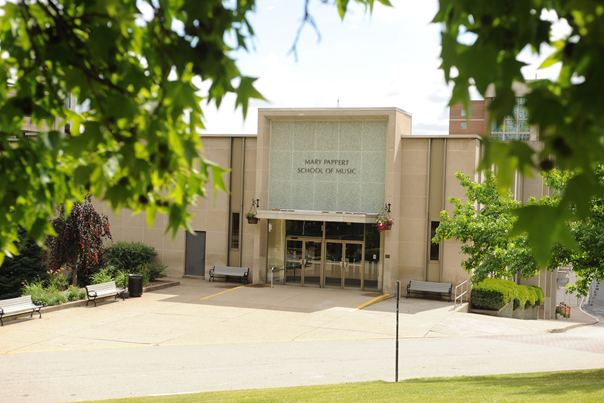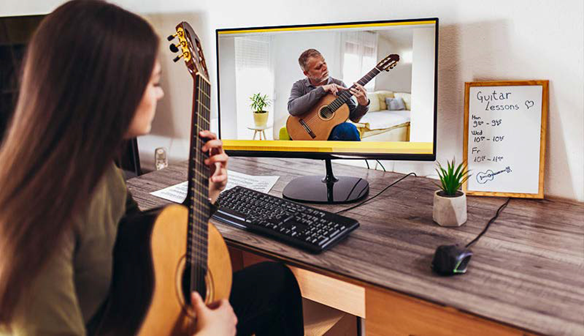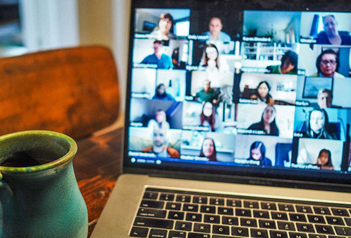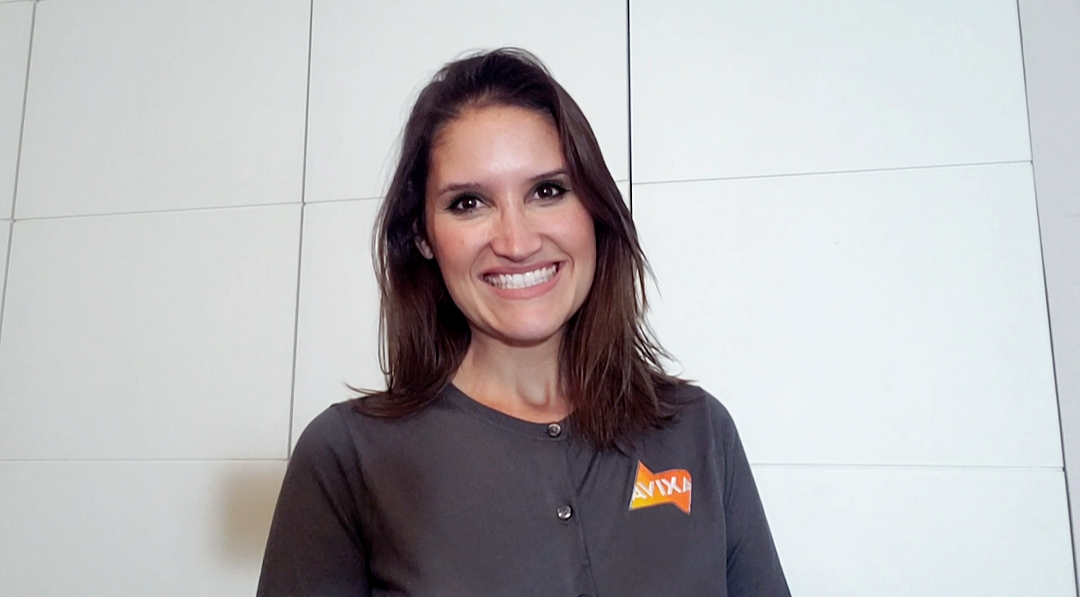The Sweet Sound of Online Education
The art of listening to users to meet the technological needs of educational institutions is a task that we as members of the AV industry must cultivate. And, if luck smiles on us, we can discover internal allies to help us develop better solutions. The following case study about the Mary Pappert School of Music is an excellent example of this.
 Mary Pappert School of Music
Mary Pappert School of Music
The challenges that educational institutions have faced to adapt and continue their academic activities amid the different sanitary measures, restrictions, and confinements due to the COVID-19 pandemic are as diverse as the classes taught at a university. Fortunately, thanks to a mixture of creativity and technological resources, many schools overcome these challenges and turn them into opportunities for teachers and students to develop new projects beyond their regular classes.
In March 2020, like many other institutions, the Mary Pappert School of Music at Duquesne University in Pittsburgh, Pennsylvania, had to close its classrooms and move to an online lesson model. But unlike other schools, the conventional audio quality from a video conferencing platform was not remotely useful for the everyday lessons, classes, rehearsals, and auditions of this university community dedicated to music.
 Duquesne University
Duquesne University
The main concern of the teachers was the audio quality. It distressed them not to distinguish the sound's small details while a student played a musical instrument on the other side of the screen. They had many doubts about the necessary audio accuracy for an individual lesson or a rehearsal with twenty students playing the violin simultaneously.
Fortunately, the multifaceted Thomas Kikta, a musician, composer, educator, producer, audio engineer, and author with more than thirty years of service to Duquesne University, took responsibility for finding a solution. He is currently the Head of the Commercial Music, Media and Jazz department and Director of the MPSOM's Institute of Entertainment, Music and Media Arts (IEMMA). Thanks to this experience, Kikta understood the problem that he had to solve and quickly identified the resource necessary to satisfy the teachers' request.
Kikta consulted with Synthax, the professional audio equipment distributor, who suggested using an IQOYA SERV / LINK CODEC, a multi-channel system developed by the French manufacturer Digigram. Audio professionals use this device for high-quality remote live broadcasts over IP networks, so Synthax recommended installing one unit at the Mary Pappert School of Music. With plenty of 64 stereo (128 mono) input and output channels, this device offers the ability to simultaneously encode and transmit audio inputs in multiple formats and protocols, decode IP audio streams to outputs, and transcode audio streams IP.

This detailed technical description turned into a sweet tune when the teachers learned that the solution was as simple as sharing a couple of links with their students, Zoom for videoconference, and IQOYA for audio. This solution ensured that both students and teachers would hear the lesson with the best sound quality, clarity, and intelligibility.
According to the school activities schedule, Kikta decided to use 24 stereo and 48 mono channels. These channels are distributed daily according to the needs of individual or group classes and lessons.
Kikta shares an example of a violin lesson with 16 students and their teacher. "Everyone can play simultaneously, and from home, then the teacher performs the musical piece with them. She subsequently asks them to execute it again, following the directions that she just explained. They do a complete back and forth interaction. And the teacher is delighted with how this online class works. And while this lesson is taking place, we use the rest of the channels for an audio recording workshop," he explains.With the first essential system management and audio quality issue resolved, Kikta focused on improving ease of use. Some of the teachers at the Mary Pappert School of Music are not familiar with online platforms, so he worked to make the operation as simple as possible.
The Mary Pappert School of Music team found a couple of additional opportunities in Digigram technology. The first one, auditions for the school candidates, since the current sanitary restrictions do not allow access to the campus to people outside of Duquesne University, so this process is carried out remotely with the system to that of the lessons.
Both candidates and their synods receive Zoom and IQOYA links, so the audio quality allows them to hear the fine details of the students' performance, just as if they were performing in one of the school classrooms.
Kikta has a broader vision, anticipating that when the pandemic comes to an end, the school will use the links to extend the reach of its auditions to candidates who live in cities far from Pittsburgh and even in other countries.


The second opportunity to take advantage of this technology is in using IQOYA's X / LINK IP audio codec, designed for remote live broadcasts. The school uses this function by linking it to the Caster.fm website and broadcasting music recitals with students, teachers, and special guests through this link.
The Mary Pappert School of Music case is an example of the importance of putting yourself in the end user's shoes and listening to their needs. The school is fortunate to have someone as experienced as Thomas Kikta who could take on the project's leadership. So the next time you work on an AV integration proposal for an educational institution, listen to the users and be attentive to discover a new "Thomas Kikta" who becomes an ally and facilitator of a new project.
We thank Mary Eisaman from the Synthax team in charge of Latin America's business for sharing the information for this case study. Synthax was one of the sponsors of our first AVIXA Congress.
To learn more about business opportunities and technological solutions in the education sector, we invite you to participate in the next Congreso AVIXA from April 27 to 30, 2021. It will entirely focus on education!






